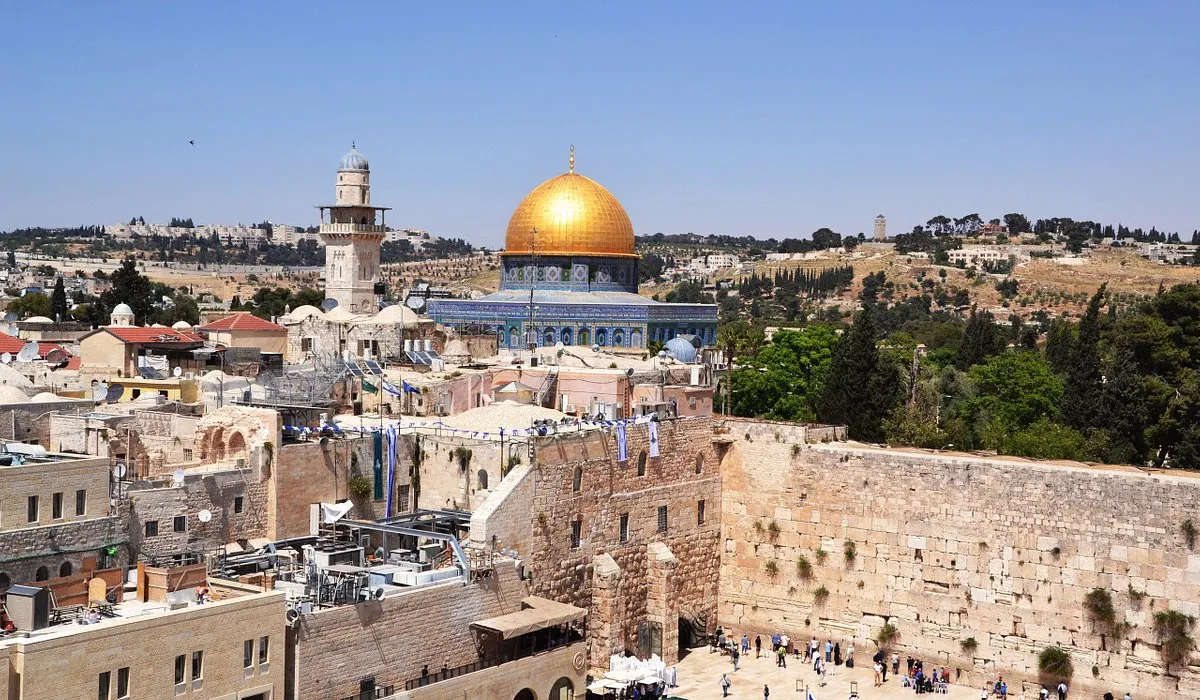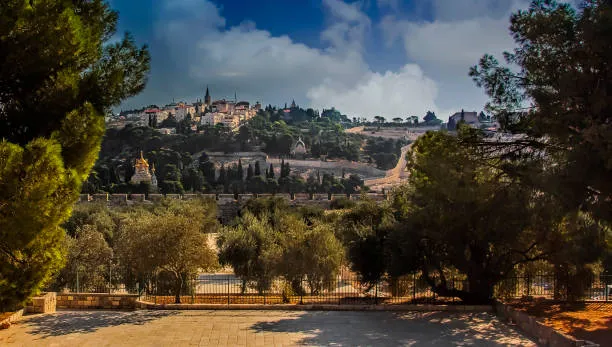In many Christian interpretations, “the last generation” is linked to Jesus’s words in Matthew 24:32–34 about the fig tree:
“When its branch has already become tender and puts forth leaves, you know that summer is near… this generation will by no means pass away till all these things take place.”
Some see the beginning of this last generation as marked by a prophetic or historical “sign” — often understood as the reestablishment of Israel as a nation on May 14, 1948, symbolized by the fig tree putting forth leaves. From that point, the “last generation” is expected to witness the unfolding of end-time events.
What this generation shall see in such teaching includes:
- Escalating natural and geopolitical upheavals (wars, famines, earthquakes)
- Increasing persecution of believers
- The global proclamation of the gospel
- The rise of false prophets and deception
- The coming of the “abomination of desolation”
- Signs in the heavens
- And ultimately, the visible return of Christ in glory

Not all Christians agree on the starting point or length of a “generation.” I see a generation as being the particular span of time needed to encompass what is being discussed in terms of this prophetic framework. I believe the last generation will span 80 years—the same length as the life expectancy of those born in 1948. This is the generation that will see both the intensification of tribulation and the consummation of God’s kingdom at Christ’s return. I don’t believe Christians will have to suffer through the seven years tribulation period. I believe the rapture of the Church will happen just before or shortly after the Antichrist comes upon the scene.
It’s time to fill the lamp oil and keep your vessels full.
That’s the language of Jesus’s parable of the ten virgins in Matthew 25:1–13.
In the same prophetic discourse where He spoke of “this generation” (Matthew 24), Jesus followed with this story to stress readiness. The lamp oil represents spiritual preparedness—often understood as the inner life of the Spirit, sustained through prayer, obedience, holiness, and perseverance. The “vessels” being full means we are not living on yesterday’s faith or half-hearted devotion, but maintaining a deep, ongoing supply of God’s presence and grace.
This is a call to be vigilant in the Spirit—keeping watch for His coming, not only by believing, but by living faithfully in justice, mercy, and peacemaking until the Bridegroom arrives for His Bride, which is the Church.
As for me, it is obvious for Israel to have been nonexistent for almost 2000 years, not to mark the beginning of the last days. Israel’s reemergence after nearly two millennia feels like a prophetic “alarm” going off for our attention.
From that perspective, it’s not just a political event of 1948, but something seen as fulfilling ancient prophecies like Ezekiel 37 (the dry bones coming to life) or Isaiah 66:8 (“Can a nation be born in a day?”). In that framework, the return of the Jewish people to their homeland after centuries of dispersion is considered by some as the clearest marker that the prophetic clock for the “last days” has started ticking in earnest.
This often ties directly into the call I mentioned earlier — to keep our lamp oil full. The sign is not meant to spark speculation only, but to stir a lifestyle of alertness, repentance, and Spirit-led mission while the time of grace remains open.

For nearly two thousand years, the map of the world carried no nation called Israel. The Jewish people were scattered across continents, their ancestral homeland under foreign rule. Generations came and went, and the ancient promises seemed distant—until, in 1948, in a single day, on May 14th, the State of Israel was reborn.
Jesus spoke of the fig tree putting forth leaves as a sign that the season of fulfillment was near (Matthew 24:32–34). If Israel’s return after two millennia does not mark the beginning of the last days, it is difficult to imagine what would. But Jesus’s warnings in Matthew 24 do not stop with watching the signs. He immediately tells the parable of the ten virgins (Matthew 25:1–13), a story not about speculation, but about readiness.
Five were wise—they kept oil in their lamps and extra in their vessels. Five were foolish—they let their supply run out. The oil represents the inner life of the Spirit—faith, obedience, love, and holiness continually replenished. The vessels symbolize a life prepared to meet the Bridegroom without delay.
Watching for prophetic fulfillment is never separated from walking in the Spirit. The restoration of Israel may awaken us to the lateness of the hour, but it must also awaken us to the urgency of living ready:
- Ready in prayer,
- Ready in compassion,
- Ready in proclaiming the gospel of peace,
- Ready in working for justice,
- Ready to welcome the Bridegroom with joy.
In my book, Good People Don’t Go To Heaven, I wrote, “The Holy Spirit quickened my heart that we are now living in the last milli-second of time before midnight until Jesus comes. Jesus is coming back on this third day or third millennium.”

The fig tree has budded. The prophetic clock has begun to chime. Now is the time to keep the lamps trimmed and the vessels full—not in fear, but in anticipation. The Bridegroom is coming!

